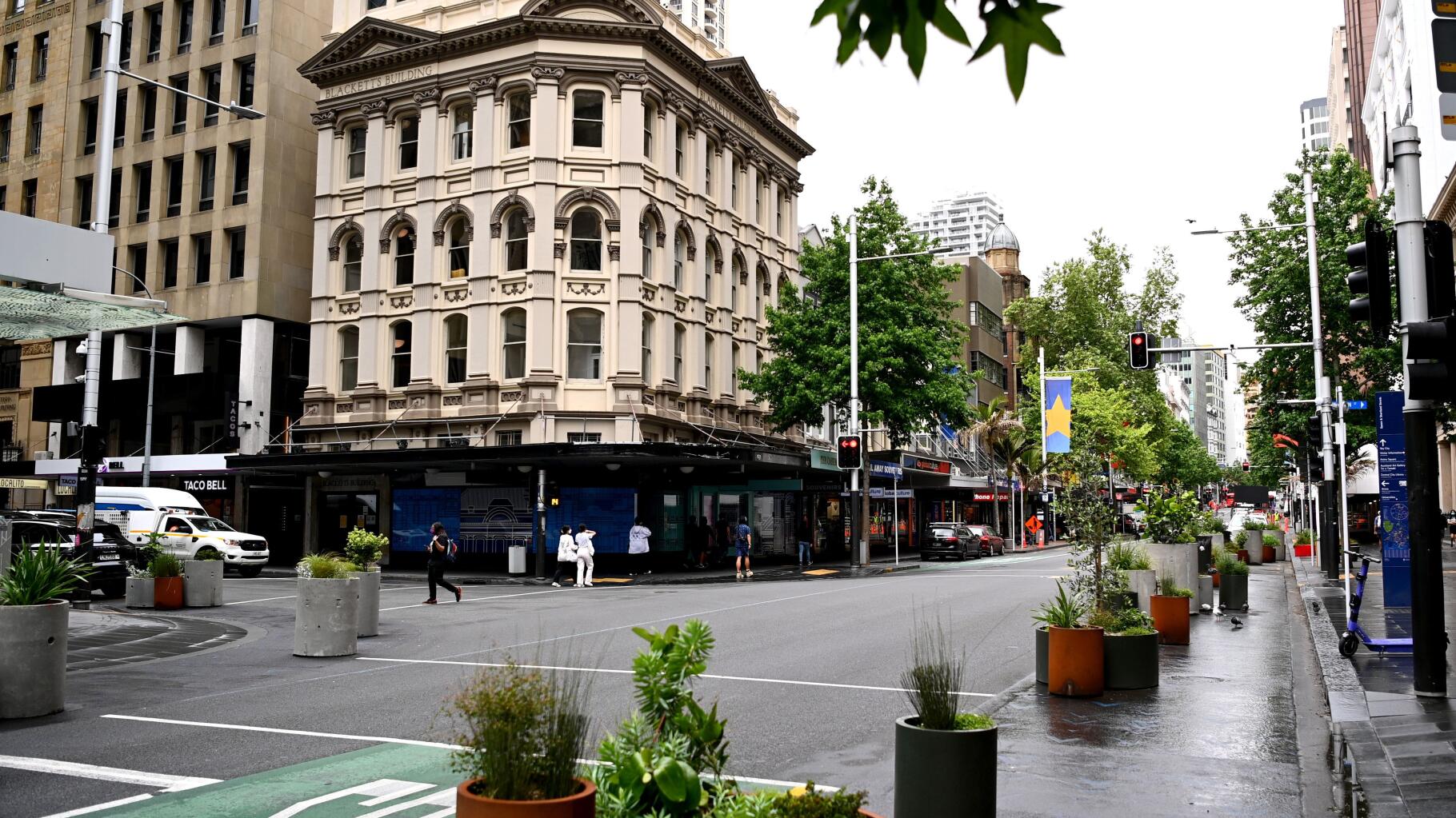
New Zealand abandons ‘zero Covid’ policy

Hannah Peters via Getty Images
COVID – New Zealand Prime Minister Jacinda Ardern said on Monday that New Zealand will end a three-and-a-half-month lockdown in Auckland, the country’s largest city, in early December by adopting a new coronavirus strategy.
Jacinda Ardern said that from 11:59pm on 2 December, New Zealand will adopt a new response to Covid-19 that aims to contain the delta variant rather than trying to eliminate it outright.

“The hard truth is (alternative) delta is here and it’s not going away anytime soon,” she told reporters. As you can see in the chart below, the number of cases in New Zealand is increasing.
New Zealand is ‘in a better position’ to tackle Covid
“Although no country has succeeded in eliminating the delta variant completely, New Zealand is in a better position than most countries to deal with it,” said Jacinda Ardern.
So far, his government has aimed for the complete eradication of the virus, a so-called “zero Covid” policy, with stringent containment measures, strict contact tracing and strict border controls.

The disease has claimed just 40 lives out of a population of five million, but pressure has grown to end the lockdown imposed on Auckland since the Delta variant was detected there in August.
Jacinda Ardern had originally planned to change the policy once the country’s 90% vaccination rate was reached, but eventually reopened when the vaccination level was currently around 83%.
New Zealand is not the only country that has had to abandon its “zero Covid” policy after a sharp rise in the number of cases. Such was the case in June for Singapore, which decided to change course for coexisting with the coronavirus.

Traffic light system
The new system looks like traffic lights, with green meaning there is almost no control over the virus, orange requiring masks to be worn in certain places and red allowing businesses to remain open only to vaccinated customers and observing social distancing.
Auckland will initially be put in the red, the prime minister said, adding that authorities are still classifying other areas. Auckland is currently cut off from the rest of New Zealand, and roadblocks are scheduled to be lifted on December 15.
Strict quarantine rules for international arrivals will still apply, but Jacinda Ardern has vowed to ease them early next year.

Australia reopens borders to some travellers
For its part, and after twenty months of closing its borders, Australia announced, on Monday, that it would welcome the return of foreign students, skilled workers and holders of work visas, starting next month, to ease some of the restrictions imposed on the Covid virus, the most stringent in the world.
Thus, Australian citizens, visa holders, and Japanese, South Korean and Singaporean nationals will be able to enter the territory from December 1. They will be able to travel to the country with only a negative Covid-19 test prior to departure if they have been vaccinated. However, some Australian states still require quarantine upon entry.
“Australia is opening up to the world again,” Home Secretary Karen Andrews said when announcing the news, adding that it was “another step forward” for the country.
See also on The HuffPost: At Rennes University Hospital, a ‘final’ emergency service has gone on strike

“Reader. Travel maven. Student. Passionate tv junkie. Internet ninja. Twitter advocate. Web nerd. Bacon buff.”
